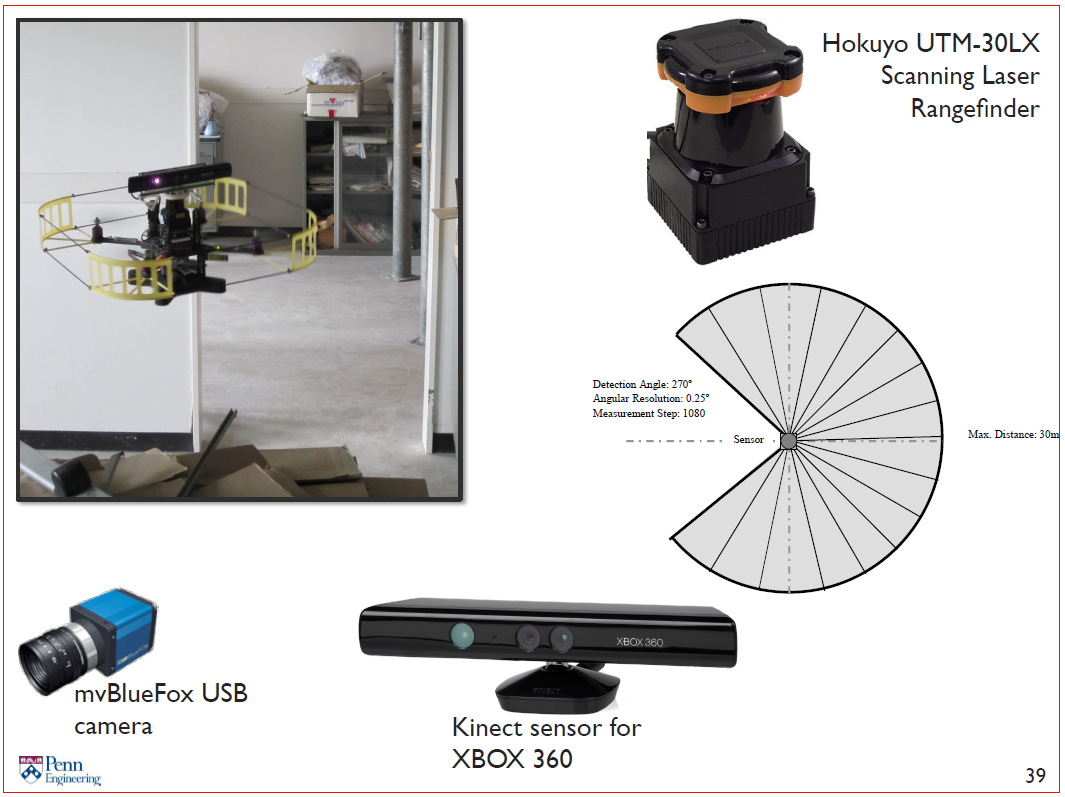|
The Industrial Internet of Things (IIoT) is a transformative technological concept that has gained significant traction in recent years. It refers to the integration of connected devices, sensors, and other smart technologies within industrial settings, enabling a seamless flow of data and communication between machines, systems, and humans. The potential impact of IIoT on industries is immense, revolutionizing traditional manufacturing processes, enhancing operational efficiency, and unlocking new avenues for growth and innovation. One of the key advantages of the IIoT lies in its ability to collect and analyze large volumes of data in real-time. With the deployment of sensors and intelligent devices throughout the industrial infrastructure, companies can gather valuable insights into their operations, production lines, and supply chains. This data-driven approach allows for predictive maintenance, enabling businesses to identify potential issues before they escalate into costly breakdowns. By continuously monitoring equipment conditions, IIoT enables proactive maintenance measures, reducing downtime and optimizing resource utilization. Furthermore, the IIoT facilitates the automation of various industrial processes, leading to increased productivity and efficiency. Through interconnected devices, machines can communicate with each other, making informed decisions based on real-time data analysis. This level of connectivity enhances process optimization, reduces errors, and minimizes manual intervention. For example, in a smart factory setting, production lines can be adjusted dynamically based on demand fluctuations, ensuring optimal output without human intervention. This not only streamlines operations but also reduces costs and improves overall quality control. In addition to improving operational efficiency, IIoT opens up new possibilities for innovation and business models. With the proliferation of connected devices, manufacturers can offer value-added services and solutions. For instance, by leveraging data analytics, companies can provide predictive maintenance as a service, offering customized support to their clients. Moreover, IIoT enables the creation of digital twins - virtual replicas of physical assets or systems. These digital twins can be used for simulation, testing, and predictive analysis, allowing businesses to optimize performance, identify bottlenecks, and refine their processes continuously. However, the widespread adoption of IIoT also raises concerns regarding cybersecurity and data privacy. As industrial infrastructure becomes more interconnected, it becomes vulnerable to cyber-attacks and breaches. Therefore, ensuring robust security measures and implementing stringent data protection protocols are paramount in harnessing the full potential of IIoT while mitigating associated risks. In conclusion, the Industrial Internet of Things has the potential to revolutionize industries by enabling seamless connectivity, real-time data analysis, and advanced automation. It empowers organizations to optimize their operations, improve productivity, and explore new avenues for growth. However, careful consideration must be given to cybersecurity and data privacy aspects. With the right approach, IIoT can pave the way for a future where industries operate at unprecedented levels of efficiency, innovation, and sustainability.  |
